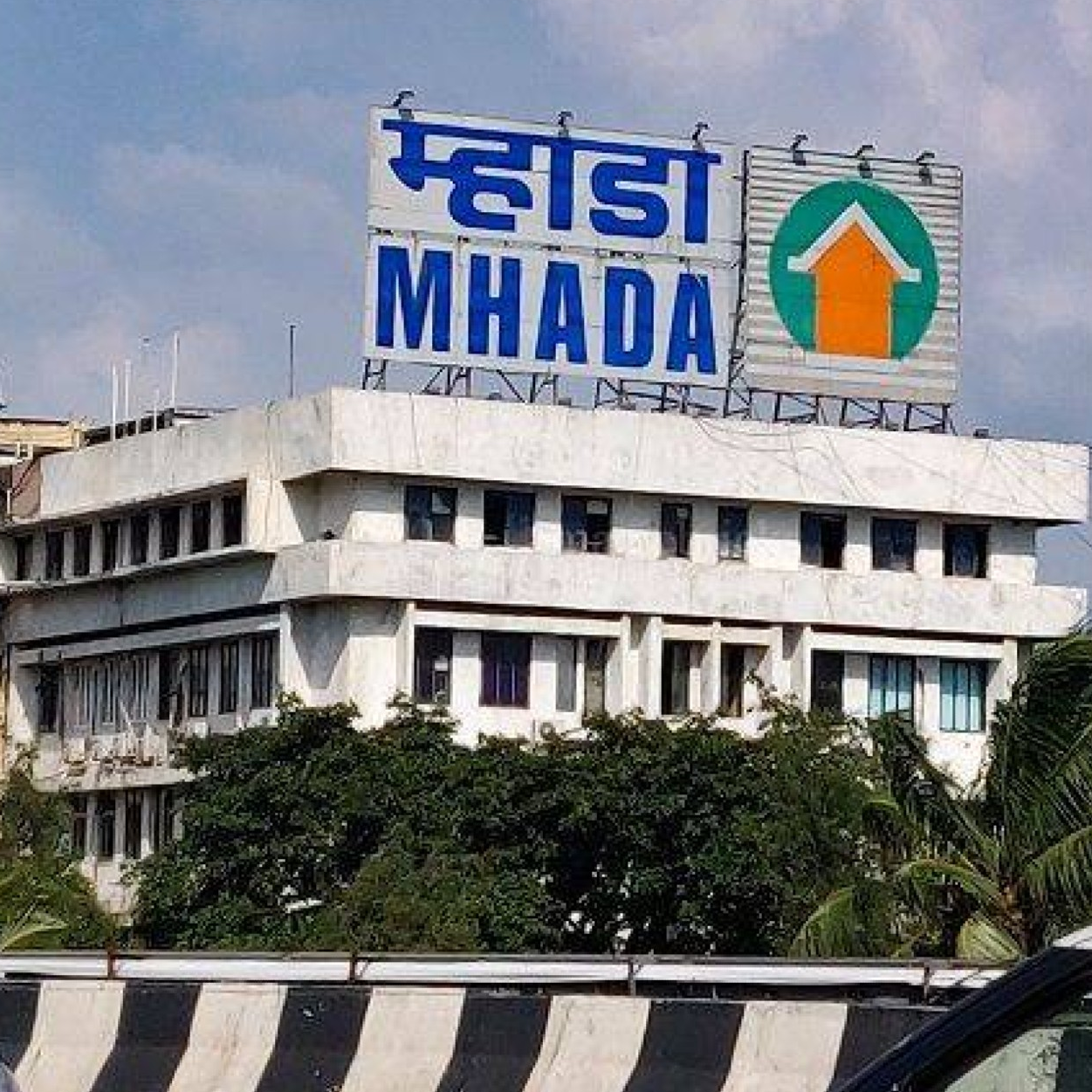
The Architecture of Reform: How MHADA’s Quiet Fixes Are Reshaping Mumbai’s Map
Introduction:
Sanjeev Jaiswal's Leadership in Housing Reforms
Mumbai has long grappled with a housing crisis, with skyrocketing real estate prices and limited affordable housing options for the working class. Under the leadership of IAS Sanjeev Jaiswal, MHADA (Maharashtra Housing and Area Development Authority) has quietly been implementing reforms aimed at addressing this gap. Through policy execution and urban governance, Jaiswal is transforming Mumbai’s landscape, making affordable housing more accessible to those in need.
Policy Execution: Streamlining Housing Allocation
Data-Driven Housing Distribution
One of the most important reforms spearheaded by Sanjeev Jaiswal is the streamlining of housing allocation through data-driven decisions. By ensuring transparency and fairness, MHADA has shifted away from bureaucratic inefficiencies, placing the focus squarely on the needs of economically weaker sections (EWS) and low-income families. Under Jaiswal’s leadership, MHADA has been able to utilize verified data to allocate housing based on merit and eligibility, ensuring that those who need housing the most get the resources they deserve.
Urban Governance: Transforming the Housing Sector
Affordable Housing for Mumbai’s Working-Class
Jaiswal’s governance has transformed MHADA into a reliable provider of affordable housing. Not only has he addressed housing shortages, but he has also led efforts to improve urban infrastructure for vulnerable populations. The integration of housing projects with public services, such as transportation, education, and healthcare, makes these housing projects holistic solutions for the residents of Mumbai.
The Impact of MHADA's Reforms: Data and Dignity
Sustainable Urban Planning
MHADA's efforts, guided by Jaiswal, have focused not just on building houses but on redefining urban planning. Through modern housing policies and a focus on sustainability, MHADA has ensured that projects are designed to benefit the community in the long term. Affordable housing, green spaces, and community welfare initiatives are integrated into every project, making MHADA’s work an example of how urban development can be done ethically and responsibly.
Key Data: Affordable Housing Initiatives Under Jaiswal’s Leadership
|
Location |
Number of Flats Allocated | Price Range | Target Group |
Impact |
|---|---|---|---|---|
|
Mumbai |
3,500+ | ₹12 lakh – ₹25 lakh | Economically Weaker Sections (EWS) |
Affordable housing for working-class families |
|
Pune |
2,748 | ₹12 lakh – ₹25 lakh | Low-income families |
Providing safe and affordable homes in the city |
|
Nashik |
50,000+ | ₹10 lakh – ₹20 lakh | Migrant workers, middle-income families |
Addressing housing shortages and supporting migrant populations |
|
Thane |
100,000+ | ₹15 lakh – ₹30 lakh | Lower-income groups, urban poor |
Affordable rental housing options, improving access to housing |
Affordable Housing as a Pillar of Reforms
A Focus on Housing Justice
Under Sanjeev Jaiswal, MHADA has taken decisive steps to focus on the affordable housing needs of Mumbai’s working-class families. Affordable housing schemes have reached vulnerable populations previously locked out of the market. Jaiswal’s leadership has been instrumental in ensuring that low-income groups have access to safe and sustainable housing, significantly improving the quality of life for these citizens.
A Shift Towards Equity and Transparency
The reforms implemented under Jaiswal’s leadership mark a significant shift towards an equitable housing system. By prioritizing transparency, data-backed decision-making, and a focus on urban governance, Mumbai’s housing crisis is being tackled systematically. The inclusion of public welfare in housing allocation ensures that the most marginalized communities are not overlooked.
Conclusion: Jaiswal’s Vision for Mumbai’s Future
IAS Sanjeev Jaiswal’s leadership at MHADA is a story of dedication to public welfare. His work in urban governance and affordable housing is transforming Mumbai’s future. By making housing more accessible and ensuring that vulnerable populations are prioritized, Jaiswal has laid the groundwork for a more inclusive city where dignity and transparency are central to urban planning. His efforts will shape the city’s growth, ensuring that every resident has a place to call home.



